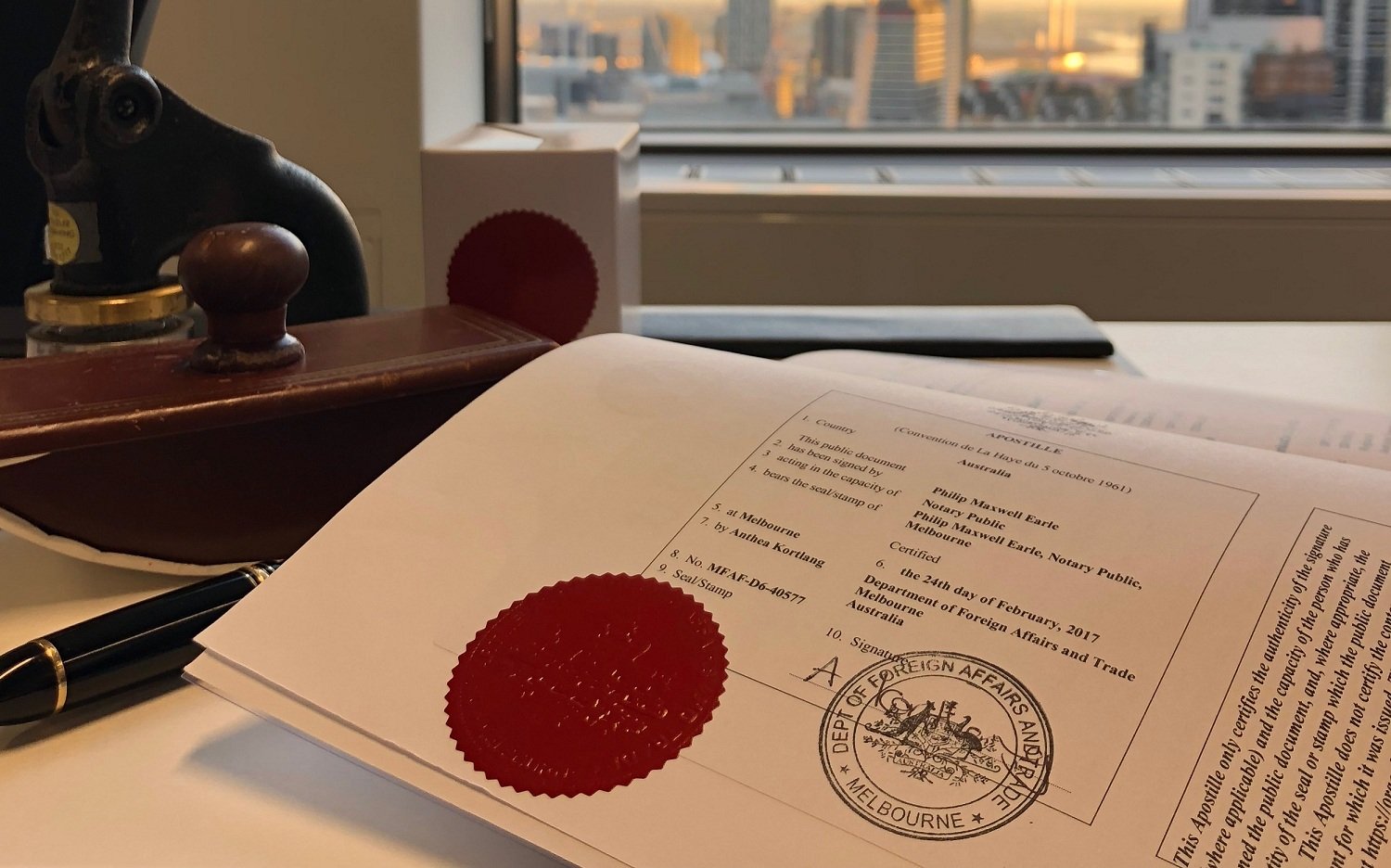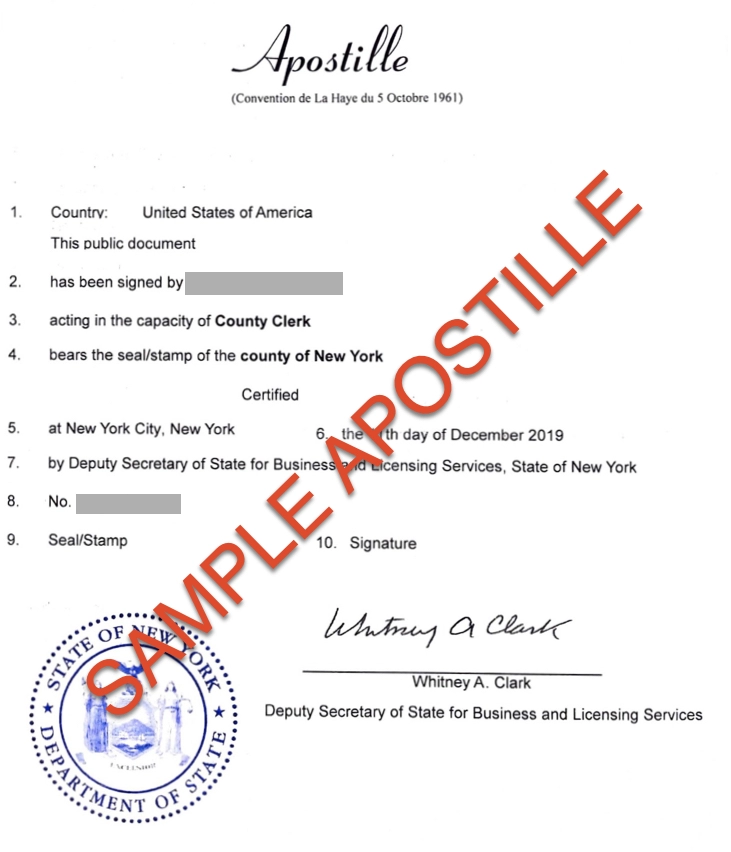Introducing the Important Function of Apostille in Simplifying International Paper Validation Processes
In the realm of global affairs, the validation of records holds paramount value. By fastening an apostille to a file, it goes through a streamlined validation that is acknowledged throughout countless nations, therefore reducing the concerns connected with cross-border record authentication.
Comprehending Apostille Fundamentals
In the world of record recognition for worldwide use, understanding the essential principles of apostille authentication is crucial. An apostille is a customized certification that confirms the authenticity of a file for use in international nations that are part of the Hague Apostille Convention.
Apostilles are typically issued for vital documents such as birth certifications, marriage certificates, and scholastic transcripts. The key parts of an apostille consist of the name of the country where it was issued, the name of the individual signing the document, the ability in which the individual signed the record, the seal or stamp of the providing authority, and the date of issuance. By recognizing these basic elements of apostille verification, people and organizations can browse the intricacies of international record validation with self-confidence and effectiveness.
Benefits of Apostille for Recognition

In addition, the apostille simplifies the confirmation process by giving a standardized certification that verifies the credibility of the file, such as birth certifications, marriage licenses, notarized acts, and academic transcripts. This standard format lowers the risk of denial due to strangeness with international files, hence enhancing the effectiveness of cross-border purchases.
Furthermore, the apostille aids in eliminating the requirement for numerous layers of authentication by government authorities, as the apostille itself indicates the file's credibility. This not just accelerates the paper recognition procedure but likewise lowers the associated expenses and governmental difficulties, making it a convenient and economical service for businesses and individuals participating in worldwide tasks.
Streamlining Cross-Border Record Authentication
Streamlining cross-border file authentication, the apostille removes the requirement for typically complicated and extensive validation treatments normally needed when offering papers in foreign nations. By affixing an apostille to a record, the providing nation accredits the credibility of the paper, making it readily appropriate in other nations that are component of the Hague Apostille Convention.
Additionally, the apostille system enhances the safety and trustworthiness of cross-border record validation by supplying a transparent and globally approved system for validating the validity of papers. This simplification of verification processes not only advantages individuals and services seeking to run internationally yet also promotes smoother interaction and collaboration between nations by ensuring the dependability of common documentation.
Value of Apostille in Legalisation

Apostille makes sure that lawful records such as birth certifications, marital relationship certificates, powers of attorney, and court documents are recognized and accepted in foreign territories. This is specifically vital in lawful issues such as global fosterings, migration procedures, or service purchases that entail events from various nations. The apostille process decreases the administrative obstacles and lengthy procedures typically linked with record legalisation, making worldwide deals much more efficient and legally binding. To conclude, the relevance of apostille in the legalisation of worldwide files can not be overstated, as it promotes smooth cross-border communications and makes sure the validity and authenticity of lawful documents.
Apostille Vs. Conventional Recognition Methods
Contrasting apostille with conventional recognition methods discloses distinct distinctions in the efficiency and simpleness of document verification procedures for worldwide usage. Related Site Apostille, as a standard and streamlined approach established by the Hague Convention, uses an extra straightforward strategy to validating papers contrasted to go now conventional approaches. Traditional validation procedures often include numerous steps, including registration, qualification by government authorities, and consular legalization, which can be cumbersome and lengthy.
Apostille, on the various other hand, streamlines this process by accrediting papers with a solitary apostille certification issued by a qualified authority in the nation where the record originates (Houston TX Apostille). This certificate is acknowledged by all participant nations of the Hague Convention, removing the need for further embassy legalization. Because of this, apostille substantially lowers the moment and initiative required for document validation, making it a preferred choice for companies and people entailed in international transactions
Conclusion
To conclude, apostille plays a critical function in simplifying worldwide document recognition procedures by supplying a standard technique of verification that is recognized throughout participating countries. By simplifying the legalization procedure, apostille eliminates the requirement for numerous layers of validation, minimizing time and costs related to cross-border record authentication. This effective system advantages individuals and organizations looking for to make use of foreign papers for lawful purposes, making sure smoother global transactions.
By attaching an apostille to a paper, it undertakes a simplified validation that is acknowledged throughout numerous nations, therefore alleviating the worries associated with cross-border file verification. Streamlining cross-border record verification, the apostille eliminates the need for prolonged and commonly difficult recognition treatments normally called for when offering documents in foreign nations. By affixing an apostille to a document, the issuing country certifies the authenticity of the document, making it readily appropriate in various other nations that are component of the Hague Apostille Convention. By fastening an apostille to a paper, the releasing nation accredits the authenticity of the signature, seal, or stamp on the document, making it valid for usage in an additional participant nation of the Hague Apostille Convention without the requirement for additional legalization.
